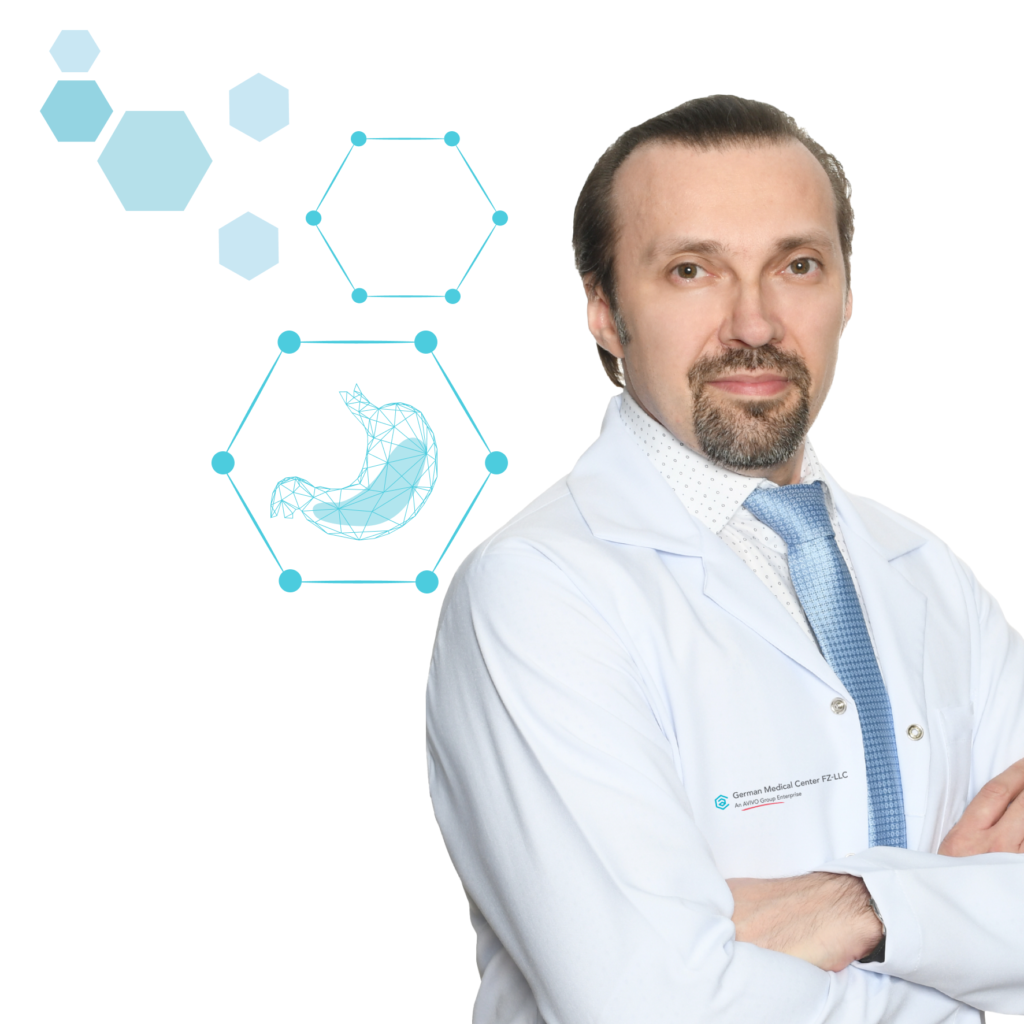
Dr. Sebastian Cuzincu
Gastroenterology and Internal Medicine
Appendicitis is a medical condition where the appendix, a small finger-shaped organ attached to the large intestine, becomes
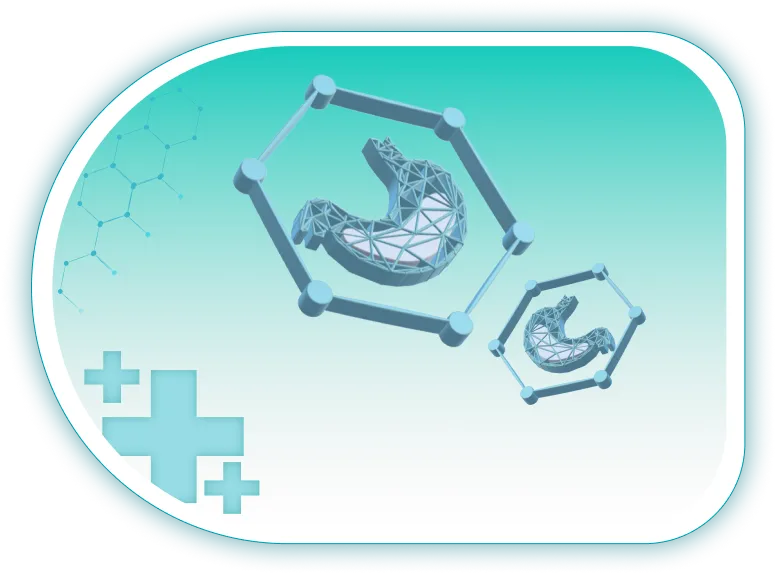
Appendicitis is a medical condition where the appendix, a small finger-shaped organ attached to the large intestine, becomes inflamed and swollen. It can cause severe pain in the lower right side of the abdomen, nausea, vomiting, and fever. If left untreated, it can lead to serious complications such as a burst appendix and peritonitis, which is a life-threatening condition.
If you suspect that you have appendicitis, it is important to seek medical attention immediately. The medical treatment of appendicitis typically involves surgical removal of the appendix, a procedure known as an appendectomy. This is the best treatment for appendicitis and is usually performed as soon as possible after diagnosis to prevent complications.
If you are in the UAE and in need of appendicitis treatment, the German Medical Center can help. Our experienced team of doctors and surgeons are dedicated to providing the highest quality medical care to our patients. We offer state-of-the-art facilities and the latest technology to ensure the best possible outcomes.
If you suspect that you may have appendicitis, don’t wait. Contact the German Medical Center today to schedule a consultation and receive the best treatment for your condition. Our team is ready to help you get back to good health as quickly and safely as possible.
Contact the German Medical Center today for the best treatment for your appendicitis and learn about appendicitis causes and treatment. Our experienced team of doctors and surgeons are ready to help you get back to good health.
Our team of experts are passionate about providing only the best quality care and treatment to their patients.

Gastroenterology and Internal Medicine
A cutting-edge medical technique that plays a crucial role in diagnosing and treating disorders of the bile ducts, pancreas, and gallbladder....
Liver Elastography – an advanced medical imaging technique designed to assess the health of your liver with precision and non-invasiveness....
Abdominal pain can be a symptom of a wide range of medical conditions and can manifest in different ways depending on the...
Colorectal cancer (CRC) is a type of cancer that affects the colon or rectum. It can develop from small growths called polyps in...
Stomach cancer, also known as gastric cancer, can cause a range of symptoms. However, it's important to note that not everyone...
Liver cancer is a serious and potentially life-threatening condition that requires prompt diagnosis and treatment....
Colon polyps are usually detected during a routine colonoscopy. During the procedure, a long, flexible tube with a camera on the...
Pancreatic cancer often does not cause symptoms in its early stages....
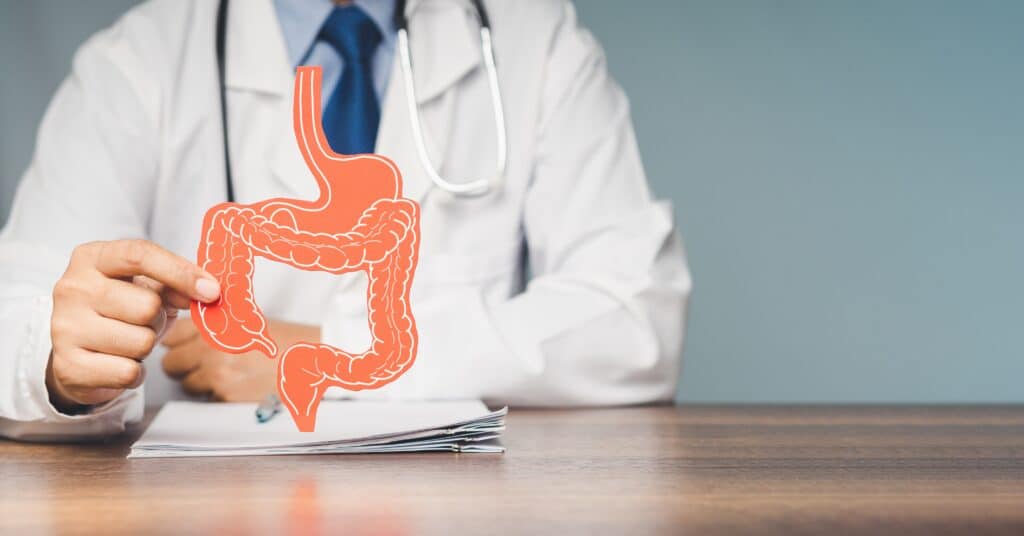

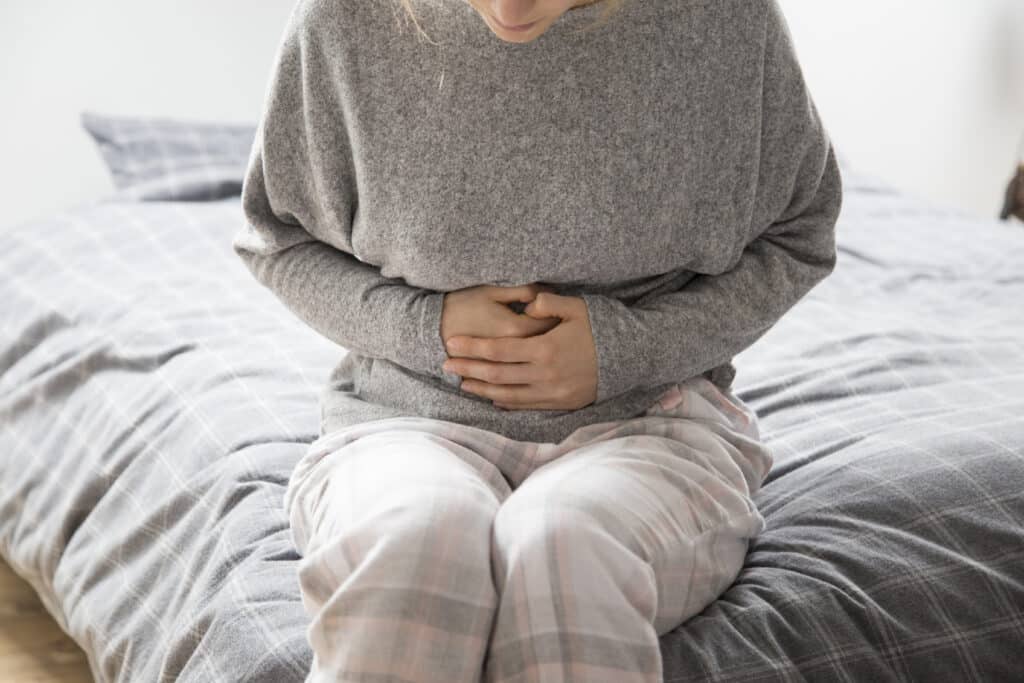
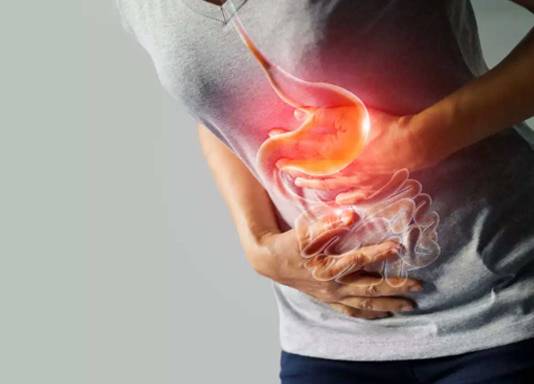

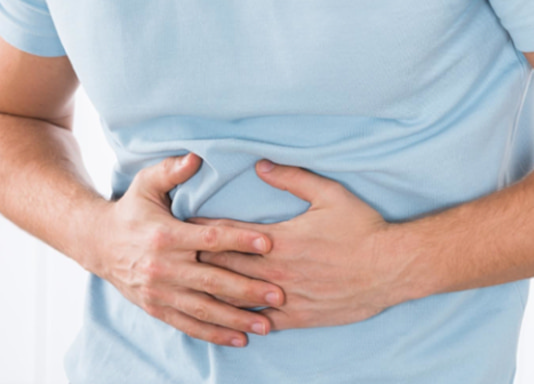
Our customers are at the heart of everything we do, and we are committed to providing them with one of the best possible care and service and that's why platforms like UpTopics publish us in top.

Based on 206 Google Reviews

Partner with:
Partner with:


German Medical Center is one of the leading medical institution in Dubai formed by a group of specialists who are passionate about providing the personalized care tailored to the patient's unique needs.
Fill out our easy online form to book an appointment with German Medical Center. Our team of experts is dedicated to providing you with personalized care and guidance every step of the way. Don't wait, take charge of your well-being and schedule your appointment now!